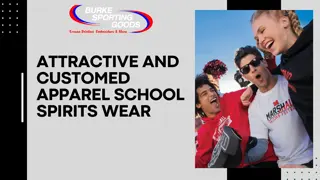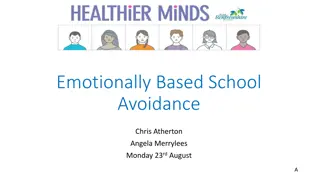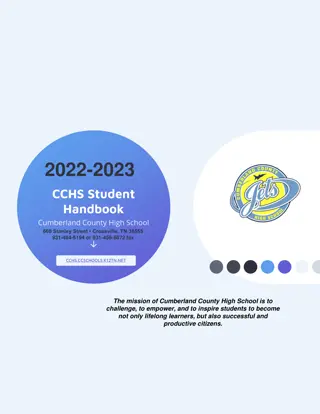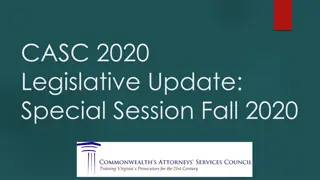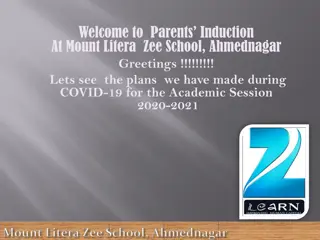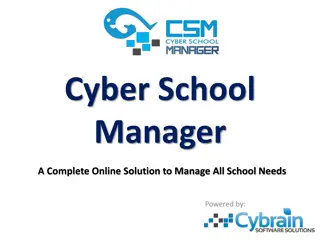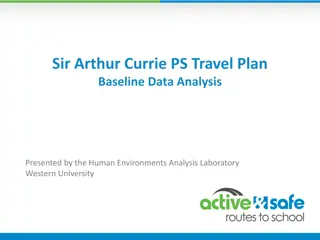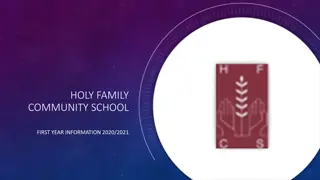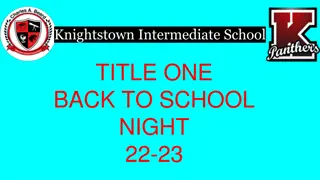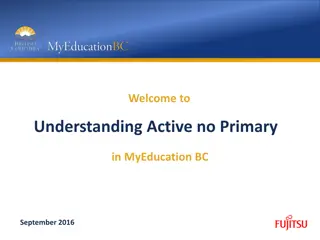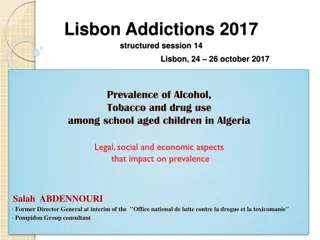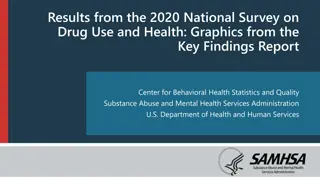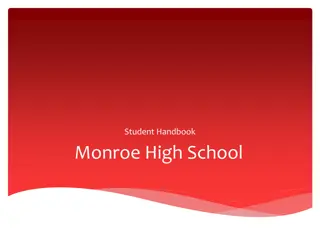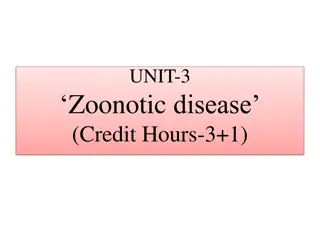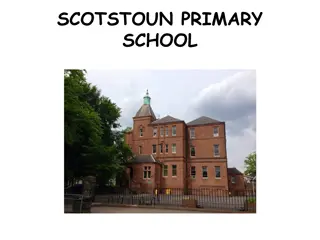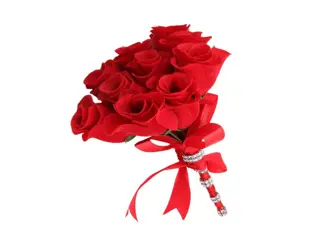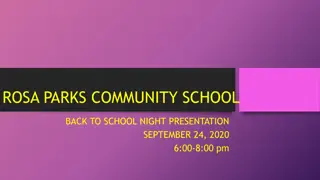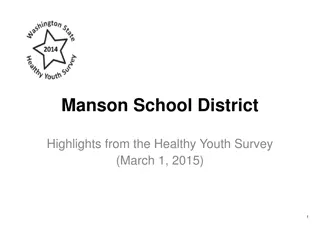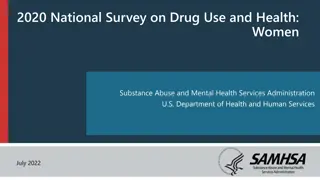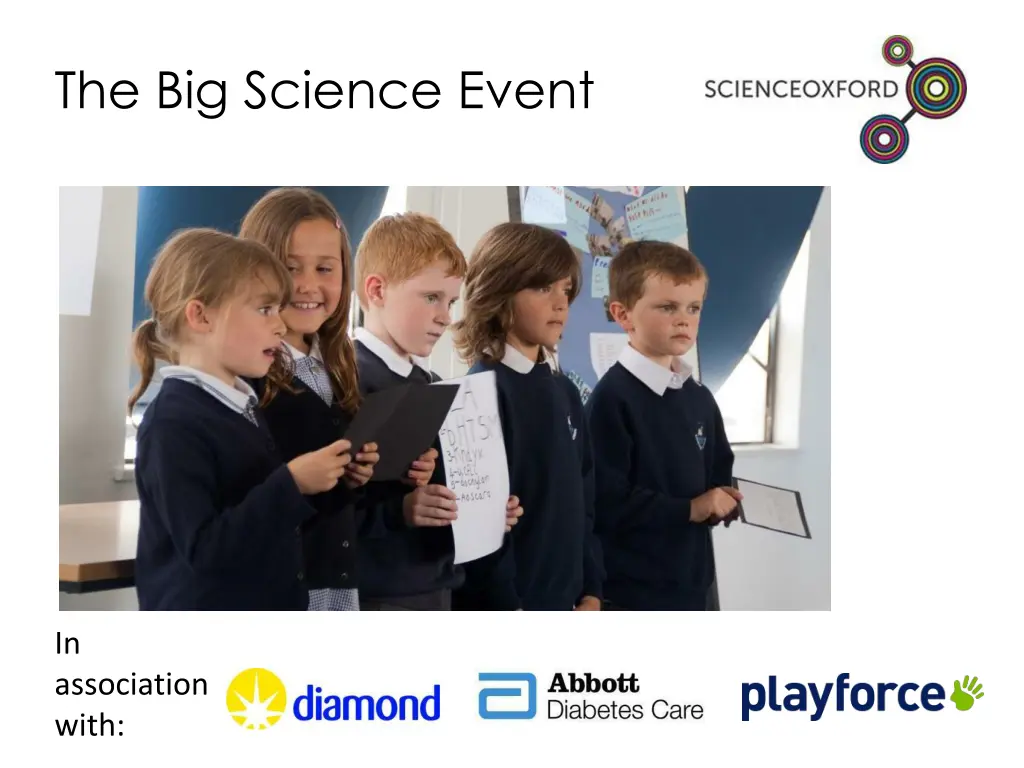
Fun and Engaging Science Event Insights and Discoveries
Explore a range of intriguing science experiments and findings from The Big Science Event, showcasing how students' engagement and achievement benefit from hands-on activities, discussions, and deeper thinking. Discover the joy of scientific exploration as shared by pupils and educators. Delve into the innovative approaches highlighted through research with primary schools, fostering a love for science and curiosity in students of all ages.
Download Presentation

Please find below an Image/Link to download the presentation.
The content on the website is provided AS IS for your information and personal use only. It may not be sold, licensed, or shared on other websites without obtaining consent from the author. If you encounter any issues during the download, it is possible that the publisher has removed the file from their server.
You are allowed to download the files provided on this website for personal or commercial use, subject to the condition that they are used lawfully. All files are the property of their respective owners.
The content on the website is provided AS IS for your information and personal use only. It may not be sold, licensed, or shared on other websites without obtaining consent from the author.
E N D
Presentation Transcript
The Big Science Event In association with:
Do people brush the opposite sides of their mouth better? Which fruit is the most hard wearing after being dropped from a fire escape? When the string on a telephone is short is the sound louder? Which fizzy drink freezes quickest? Which material makes the best back for a vortex cannon? Is there a difference in the heart rate at different ages? Which colour gummy bear is the toughest? What form of un-electronic communication works best? Can you run faster swinging your arms? How much air does it take to pop a banana? Which colour eye sees the best? Does the size of your hands affect your ability to tie laces? What sort of stone makes the biggest splash? Do ants like salty or sweet foods best? What s the best biscuit to dunk into a cup of tea? What material would make the best parachute for Batman? How many times do different balls bounce? What do animals make you feel? Do girls hear better than boys? What is the best material to muffle a sound?
Oxford Brookes research with 16 primary schools in 2002-04 and the subsequent TDTS project has found that the following approaches lead to increased engagement & achievement: More questioning Deeper thinking More discussion Less writing More practical activity
I didnt really enjoy science before. I like to choose what we do, it s more fun. Usually we are set an investigation and have to follow instructions. Now we can enjoy the mystery of not knowing what will happen. Year 6 Pupil I liked being able to choose an experiment. I enjoyed it more we had more control over what we were doing. Year 5 Pupil The best bit was doing something that other people wouldn t have thought of. Year 4 Pupil
The Big Science Event has provided a competitive purpose and context which the majority of pupils rise to. I can therefore see everything we, as a school, teach in science being used and practiced by the pupils. Teacher Coordinating the Big Science Event in school has allowed me to get to know children across a wider age range, which has increased children s interest in after-school science club. Teacher We are now doing a Big Science Event style experiment three times a year. Teacher
The best bit was learning how to work together. We got on really well and we don t have to be best friends to work well together. We found out that we were all good at different things. Year 6 Pupil In science normally we d all be doing the same experiment, with different ones you learn more from other people. Year 4 Pupil I m getting better at learning, even how to spell new words. Words like hypothesis and participant and accurate. I feel like I ve learnt a new language of science! Year 5 Pupil
The school uses projects like this to improve literacy and numeracy as well as to develop science enquiry skills. Head Teacher It s a great opportunity to use and apply maths in a science context. Teacher It was nice to see children taking their existing knowledge and applying it. They were able to take the experiment all the way through from choosing at the beginning to thihking about extensions. Teacher It was good to get the whole school talking about science and to see even our very smallest children choosing what to investigate. Teacher
Before the competition I thought science was boring and confusing. Now I think it s enjoyable and interesting. Science is about experiments and finding things out. Year 6 Pupil I feel like we do more experiments now. Now we feel more excited when we know we are going to do science. Year 5 Pupil I thought science was about answering questions and remembering stuff and I didn t feel good at it. Now I know it s about having fun and discovering new stuff Year 5 Pupil
I now understand just how much children like to choose what they will investigate. We will give them the freedom to do this more often. Teacher It was great to see the children take the lead in asking questions and finding the answers through experimenting with things. I should give them more opportunities to learn this way. Teacher I feel more confident about talking to the rest of the staff now about conducting experiments and sharing the ideas at a staff meeting. Teacher
Age When Scientists First Started Thinking of Working in STEM (n=1140) % Age
Over 85% of the Year 7 pupils felt they knew the job they wanted to do in the future and 65% of these pupils had held these views for over two years. How Young People Formulate Their Views About the Future University of Westminster, 2009 Commissioned by DCSF Focus groups with 610 pupils from 27 schools
Timeline July-Dec: Registrations (online) Jan-Mar: Pupils carry out investigations and create posters Mar-Apr: In-school judging, school selects winners Easter: Schools upload selected KS1 and KS2 teams May: Cluster judging by staff & volunteers June/July: Event final at Science Oxford

